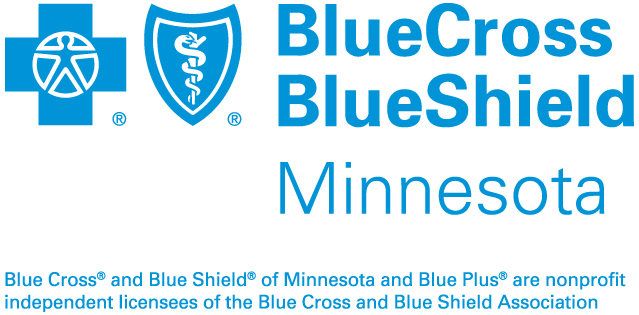Date/Time
Date(s) - 08/21/2018
7:30 am - 8:30 am
 Just under half of all workers in the United States earn less than $15 per hour, which is still often not nearly enough for even full-time workers to meet their family’s most basic of needs. In addition, low-paying jobs often don’t offer health insurance or other benefits, leaving workers to pay for goods and services that other better paying jobs would cover. To recognize and fill the gap between low wages and basic needs, the federal and state government created work support programs such as food support, child care assistance, Medicaid, and Energy Assistance. These programs also provide important economic stimulus to local economies and businesses via the spending of the benefits.
Just under half of all workers in the United States earn less than $15 per hour, which is still often not nearly enough for even full-time workers to meet their family’s most basic of needs. In addition, low-paying jobs often don’t offer health insurance or other benefits, leaving workers to pay for goods and services that other better paying jobs would cover. To recognize and fill the gap between low wages and basic needs, the federal and state government created work support programs such as food support, child care assistance, Medicaid, and Energy Assistance. These programs also provide important economic stimulus to local economies and businesses via the spending of the benefits.
These programs are oftentimes administered by different agencies, have varied and complex eligibility guidelines, and operate independently of one another but interact in complex, unforeseeable ways that prevent hard working families from having a clear pathway to economic stability and financial independence. These unintended consequences, sometimes called “cliff effects,” mean sometimes when workers earn more they end up being worse off because their higher wages result in a loss of eligibility for benefits but aren’t enough to make up the difference. To ensure public policies are created to support work, provide adequate access to basic needs, and establish a stable ladder to financial stability, it’s imperative to understand how these programs interact with wages, tax credits, and tax liabilities.
Addressing these complex policy questions is the goal of Children’s Defense Fund-Minnesota’s Economic Stability Indicator. This web-based tool can be used to demonstrate the gap that exists between low wages and a basic needs budget and the effect public programs and tax credits play in filling – or not filling – that gap. At our next Mind Opener, Stephanie Hogenson, Outreach Director at Children’s Defense Fund – Minnesota, will provide an overview of the consequences of “cliff effects” on Minnesota families, demonstrate the dynamic ESI tool, and use the example of the $15 minimum wage proposals to show how the tool can be used to analyze wage, public program, and tax policy.
Mind Opener: Peering Over the Benefits Cliff
Tuesday, August 32, 7:30a-8:30a
Downtowner Woodfire Grill
253 7th Street W
Saint Paul, MN 55102 (map)
$10 for Citizens League Members
Complimentary coffee and continental breakfast included
Citizens League Mind Openers, sponsored by Blue Cross and Blue Shield of Minnesota, are deep dives into policy topics that affect Minnesota and its citizens. The talks, over breakfast, are an opportunity for Citizens League members to learn and talk about a variety of different issues.
Not a member, or need to renew? Contribute today for an annual membership!
If cost is a barrier to joining us, please contact us at [email protected].
About Stephanie Hogenson, Outreach Director at Children’s Defense Fund-Minnesota (CDF-MN)
Stephanie directs the Bridge to Benefits and Economic Stability Indicator projects and online tools with the goals of promoting access and improvements to work support programs and tax credits to improve family economic stability and child outcomes. Stephanie also helps plan and promote CDF-MN’s policy agenda with a focus on family economic security, Minnesota Family Investment Program (MFIP), child care and early education, and health care policies. Additionally, she oversees the Minnesota KIDS COUNT project that promotes research and data to influence policy decisions that advance child well-being. Prior to working at CDF-MN she was an AmeriCorps member with College Possible, a Research Intern at CDF-MN and worked in residential housing for people with disabilities. She graduated from the University of St. Thomas with degrees in Social Work and Print Journalism.
Citizens League Mind Openers are sponsored by Blue Cross and Blue Shield of Minnesota
